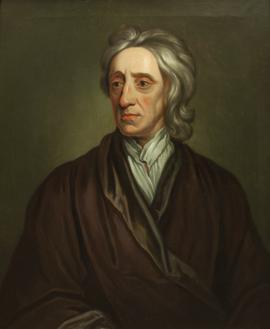- GB-2014-WSA-11436
- Person
- 1757-1844
LOWTHER, WILLIAM, 1ST EARL OF LONSDALE, eldest son of Rev. Sir William Lowther, Bart., Rector of Swillington, Yorks., and Anne, eldest dau. of Rev. Charles Zouch, Vicar of Sandal, Yorks.; b. 29 Dec 1757; at Felsted Sch. 1769-71; adm. 26 Mar 1771; Trinity Coll. Cambridge, adm. fellow commoner 25 Jan 1776, matr. 1776; MP Carlisle 1780-4, Cumberland 1784-90, Rutland 1796-1802; succ. father as 2nd baronet 15 Jun 1788; Ensign, 80th Foot 17 May 1794; Brevet Lieut. -Col., 1 Jan 1800; succ. cousin as 2nd Viscount Lowther 24 May 1802; Col., Royal Cumberland Militia 24 May 1802 – still 1820; Lord Lieut., Cumberland and Westmorland, from 26 Jun 1802; created Earl of Lonsdale 7 Apr 1807; KG 18 Jul 1807; a patron of the fine arts; Wordsworth dedicated his poem The Excursion to him in Jul 1814; DL Yorkshire West Riding 1796, Rutland 1797; FSA (by 1831); m. 12 Jul 1781 Lady Augusta Fane, dau. of John Fane, 9th Earl of Westmorland (qv), and his first wife; d. 19 Mar 1844. DNB (s. v. William Lowther, 2nd Earl of Lonsdale).

